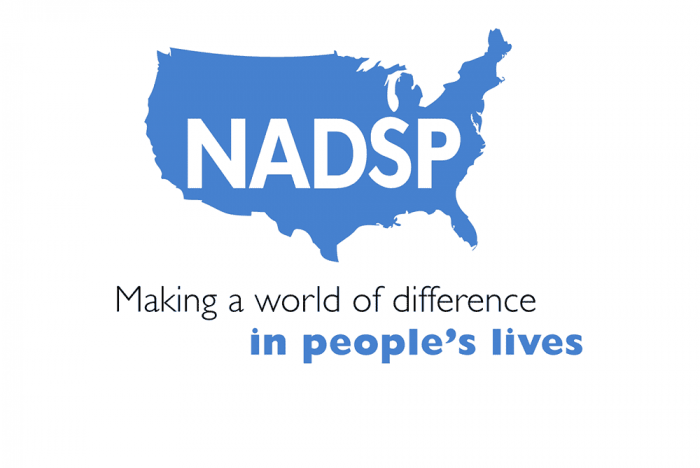In order to gather responses from providers that were not able to submit previously, the Office of Long-Term Living (OLTL) has reopened the Calendar Year (CY) 2023 rate study survey for the following Home and Community-Based Services (HCBS):
- Adult Day;
- Structured Day Habilitation;
- Employment and Training;
- Personal Assistance (Agency);
- Personal Assistance (Participant Directed); and
- Residential Habilitation.
Please complete the survey for CY 2023, which spans from January 1, 2023, through December 31, 2023, unless otherwise specified. Please only complete the survey if you did not previously participate. The reopening of the survey will ensure every provider has ample time to offer input to broaden and improve the resulting analysis. The survey will remain open until Friday, November 15, 2024.
This survey is one piece of the targeted rate review and is intended to collect current provider rate and wage data as well as general feedback on the challenges of providing these services. The information collected in this survey will be used to assist in developing a point of reference for the rate range to evaluate current payment rates. In addition to results from this survey, the review will include payment rate information from Managed Care Organizations (MCO) in OLTL claims data, recent legislative policies, department expectations, and other data obtained from publicly available sources.
HCBS providers that delivered multiple service categories during CY 2023 should fill out this survey separately for each service category you delivered. HCBS providers that did not deliver any of the service categories listed above should disregard this survey. OLTL is partnering with Mercer to perform a rate study exclusive to the service categories listed above at this time.
The information collected for this survey will be used for both this rate study and to meet the requirements of HB 1300 from the 2023–2024 Pennsylvania General Assembly regular session. The information you provide will remain confidential and private and will only be shared publicly through high-level summary reports that do not include provider-level detail. Please comply with the Health Insurance Portability and Accountability Act (HIPAA) and do not share any protected health information (PHI) within your survey responses.
Please note the survey tool does not allow individuals to save and go back to answer questions. Please have all your agency information such as wages, employee information, and financial statements readily available. This will help you to submit accurate information when answering the questions.
HCBS providers can access the survey here.
OLTL and Mercer appreciate your time and this valuable feedback. If you have any questions or need assistance, please reach out via email.
















